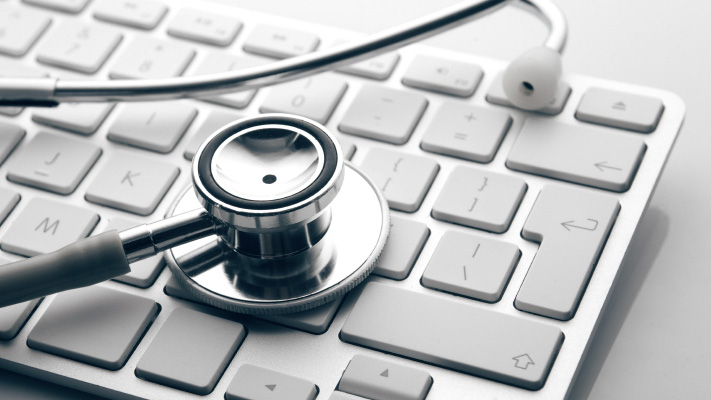What are Electronic Health Records?

Are you interested in learning more about electronic health records (EHRs)? If you would like more info on EHRs, here is a quick overview, along with some of the key benefits of using electronic health records.
EHR Basics
EHRs are, at their simplest, a digital version of a physical patient chart. However, when an EHR system is fully operational, they are so much more than a paper chart. Electronic health records patient-focused records that are updated in real-time. This means that healthcare professionals can gain access to vital patient information instantly. It also means they can bring together everything about a patient’s health in one, easy-to-access place. EHRs have the ability to:
– Provide information about a patient’s medical history, medications, allergies, diagnoses, immunisation dates, radiology images, alongside any current lab and test results
– Offer access to evidence-based tools that healthcare providers can use when making vital decisions about the ongoing care of a patient
– Increase accuracy and organisation of patient data
– Automate a number of administrative processes to help streamline workflow
– Support changes in consumer expectations
With EHR, records can easily be created and managed by multiple providers and authorised staff across different healthcare organisations.
Benefits of EHRs
As medicine is an information-rich enterprise, EHRs help to create a streamlined flow of important data right across the digital health care infrastructure, as physicians will be able to access information whenever and wherever it is needed.
1.Fostering Patient Participation
EHRs can help providers to ensure high-quality care. With EHRs, it is possible for providers to give patients accurate, real-time information about their medical evaluation. This digital system also makes it easier for physicians to provide follow-up information, including self-care instructions and reminders for follow-up care. You can even receive links to helpful web resources!
2.Improved Health Care Quality and Convenience
EHRs can also help to improve health care quality levels by making health care more convenient for both patients and physicians. This is mainly thanks to quick access to patient records, along with enhanced decision support, reminders, clinical alerts and real-time reporting. Also, legible documentation ensures that patients notes are accurate and easy understand. It also offers safer and more reliable prescription methods.
3.EHRs Can Aid in Diagnosis
With EHRs, physicians will have reliable access to a patient’s complete medical history. This helps to paint a comprehensive picture that makes it easier for health care providers to accurately diagnose problems quickly. EHRs help to reduce errors, which also improves patient safety and supports better outcomes for patients.
4.Help to Reduce Costs
A large portion of health care providers who have adopted EHRs, have found that this system helps improve the overall management of a practice by increasing efficiency levels and providing cost saving methods. Savings can primarily be attributed to a reduction in transcription costs, storage, chart pull and re-filing costs. Also, EHRs help to reduce medical errors through easier access to patient data, along with error prevention alerts.






